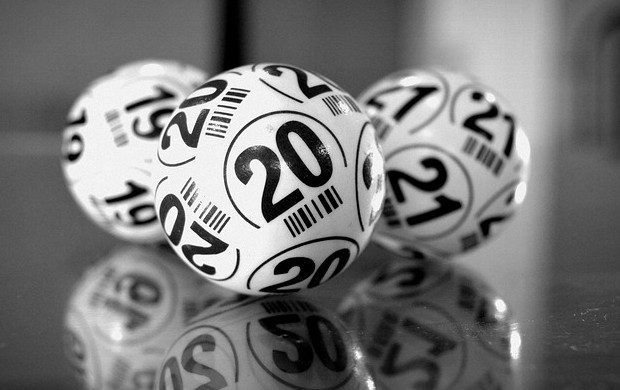Bingo is a game with roots firmly ensconced in the working-class culture of the United Kingdom and few living on these shores will be unfamiliar with it.
Whether it is on a visit to a seaside town, or being dragged along to a town hall by an older relative, most people today will have some recollection of bingo as they were growing up. As technology has developed, so has the game’s appeal and now most High Streets have a bingo hall of some description or another. Whilst the modern halls are often colourful and packed with technology, bingo is very much a game with a fine heritage, none more so than right here in London. Throughout recent history, evidence suggests that bingo has been a part of the cultural norm, dating back through Victorian times.
Gaming has been around for centuries; Queen Elizabeth I used a lottery scheme to raise funds for the crown during her reign in the sixteenth century. That was run on a limited basis though, with little reach into the working class or beyond. Instead, by the eighteenth century, the streets of London teemed with games played on waste ground and at daily or weekly markets.Bingo firmly had a place on the streets of London long before the bright lights and fancy callers.
It is widely believed that the slums of London had some of the finest games of bingo, which tended to appeal to the females of the day. Today, bingo has a broad appeal to both sexes, but for a long while, it was the bastion of mums and grandmas everywhere. One game in London became particularly famous, run in Peckham by Louis Hart it would often see long queues form for one of the 60 seats available. It would run all day and has become a firm part of London folklore.
During the war, bingo became popular with soldiers who wanted to escape the horrors of trench life. The BBC reports that games were often played for cigarettes. When soldiers returned from battle, they brought that newfound thirst for the game and in the ‘50s, Butlins introduced a bingo game at its holiday camps for those looking to escape the city. The game was effectively legalised in 1961, meaning the streets of London saw commercial clubs for the first time.
Recently, even the Royal Family have turned to bingo to help keep people entertained. It has been tough in the world with lots of restrictions on everyday life, but the Duke and Duchess of Cambridge lifted spirits by hosting a virtual bingo night with elderly residents of a care home. It is not surprising that Will and Kate used bingo to lift morale, as it is a favourite of those who grew up with the game. In fact, the game has always had strong links with senior citizens with the 90-ball game on Foxy Bingo officially linked to Carers UK, a prime example. Plus, with bingo featuring heavily at seaside resorts, it became popular with a generation who did not holiday abroad but enjoyed what the English coastal resorts had to offer. Whilst 90-ball remains the most popular version of the game in London, there are other versions available, such as 75-ball which is favoured by the American market but has yet to properly penetrate the streets of our capital.
Today, bingo is changing. Whilst it is still a fixture at the seaside, some city halls are looking to attract a newer, younger audience. Dabbers Bingo is one such venue that offers a contemporary experience being enjoyed by a whole new generation of bingo lovers.
From the Victorian slums of Peckham to the bright lights of modern-day London, bingo is firmly a part of the cities rich and diverse cultural heritage.








